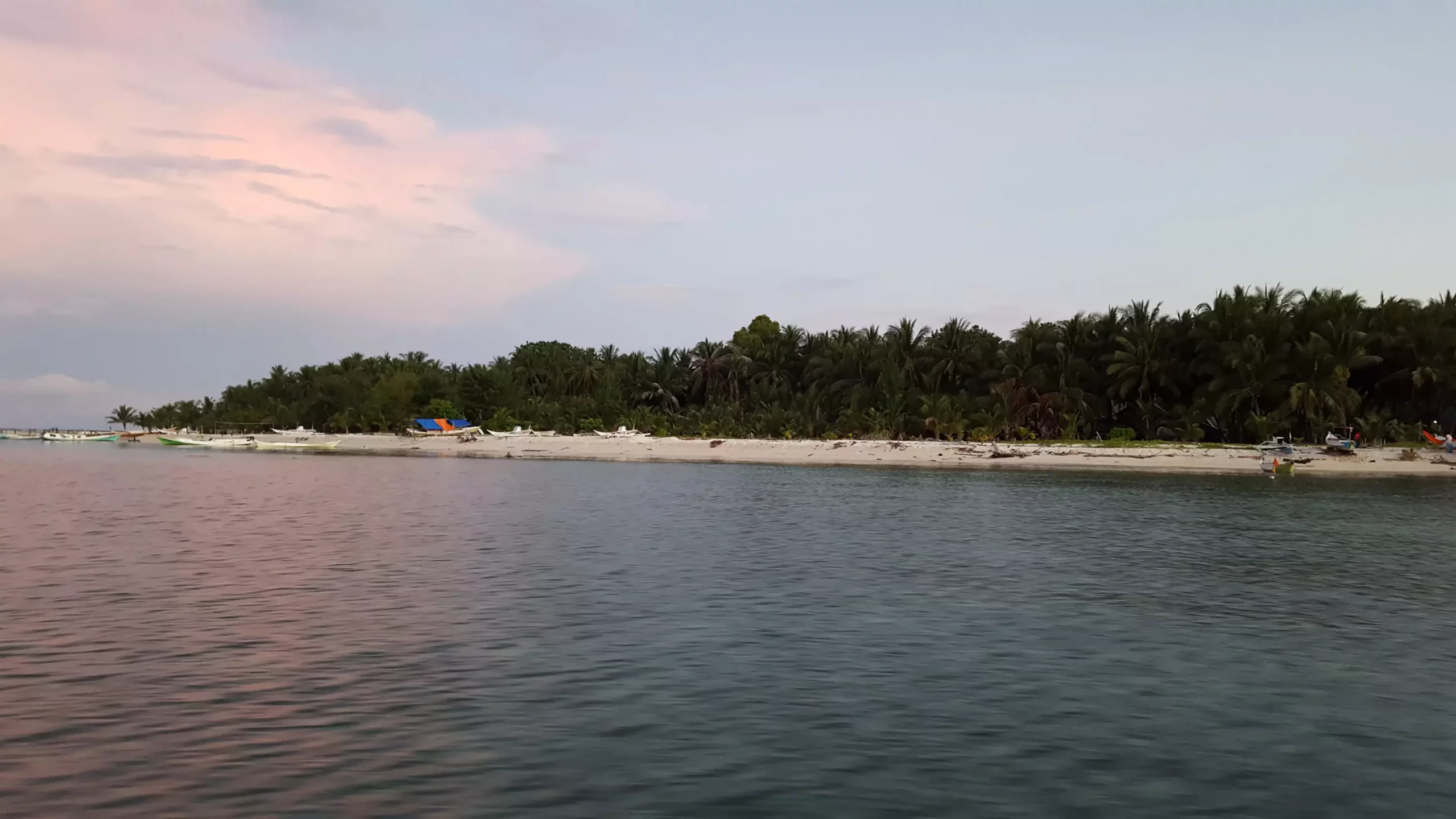Nestled within the Indonesian Spermonde Archipelago, Langkai Island presents a fascinating case study in ecological resilience. Despite the ongoing degradation of its surrounding coral reef systems—thanks to climate change and local human activities—this island has witnessed a remarkable growth of 13% over the past two decades. This peculiar phenomenon has been the focus of a recent study by a dedicated team of researchers from Germany and Indonesia, aiming to unravel the intricate relationship between coral health and island stability.
In the face of increasing temperatures and coral bleaching, it might seem counterintuitive that Langkai would expand rather than contract. Researchers, led by Yannis Kappelmann from the Leibniz Center for Tropical Marine Research (ZMT), utilized sediment cores to analyze the island’s geological and biological history since 1999. Their findings challenge conventional wisdom about the fragility of reef islands, particularly those closely associated with increasingly unhealthy corals.
The Role of Sedimentary Composition in Island Sustainability
A striking observation made by scientists during their research is the shift in sediment composition around Langkai. Traditionally, the skeletal remains of corals formed the backbone of these islands, with their calcareous structures providing stability. However, Kappelmann and his team discovered a substantial increase in the prevalence of green algae, specifically Halimeda, in recent sedimentary layers. This change marks a significant shift in the underlying ecosystem—an ecosystem where algal dominance is becoming more pronounced.
The increase in algal input could be interpreted in multiple ways. On one hand, the absence of corals may suggest ecological decline; on the other, it reflects a complex adaptation to environmental changes. The ability of Langkai Island to grow in size while its coral ecosystem falters underscores the dynamic nature of reef systems. While one might expect a direct link between coral health and island stability, the study reveals a more nuanced reality: algae can also contribute to sediment formation and, consequently, island growth.
Implications of Ecosystem Changes for Long-term Stability
Kappelmann’s research further emphasizes that while sediment production can remain robust despite coral decline, this does not guarantee the long-term stability of Langkai Island. Coral reefs function as natural barriers that protect shorelines from erosion. Their degradation would expose the island to greater risks from wave action and storms, making the need for reef conservation imperative.
Interestingly, the researchers suggest that while algae might supplement sedimentary production, they do not offer the same protective benefits. Coral’s structural complexity not only supports a greater diversity of marine life but also mitigates the erosive forces of ocean currents. If coral reefs continue to diminish, we may be setting ourselves up for a significant ecological crisis, as the island could rapidly erode if the protective services that corals provide are compromised.
The Urgent Need for Reef Conservation Initiatives
Amidst this backdrop of ecological transformation, Langkai’s case serves as a wake-up call for marine conservation efforts. Kappelmann mentions ongoing initiatives by local communities aimed at protecting these valuable ecosystems. Such grassroots movements are essential, as they foster a sense of stewardship among the population and ensure that marine ecosystems are sustainably managed.
The study positions itself as a critical voice in the conversation about coral health, proposing that environmental adaptations such as increased algal growth may not be solely detrimental. However, this perspective should not obscure the urgent need to address marine degradation. As ocean warming and pollution intensify, the ramifications for coastal ecosystems and communities can be severe.
Moreover, the findings elucidate a crucial point: marine ecosystems are not static entities; they are interwoven with the very fabric of human life. Therefore, actions taken to conserve and restore reef systems should be prioritized not only for ecological integrity but for the livelihoods of those dependent on these systems.
Dynamic Evolution of Marine Ecosystems
The evolving landscape of Langkai Island is emblematic of a broader tension within marine ecosystems. As the environmental landscape shifts, it becomes increasingly clear that our understanding of the relationship between coral health and island stability must adapt accordingly. The remarkable growth of Langkai amidst declining coral reefs suggests resilience in the face of change but also highlights the need for ongoing research and intervention.
The balance between preserving the remnants of coral ecosystems and exploring alternative sediment sources from algal growth is a nuanced one. To navigate future challenges, conservation strategies must embrace this complexity, turning attention to both recovery efforts for coral and the adaptive potentials of these coastal systems.

